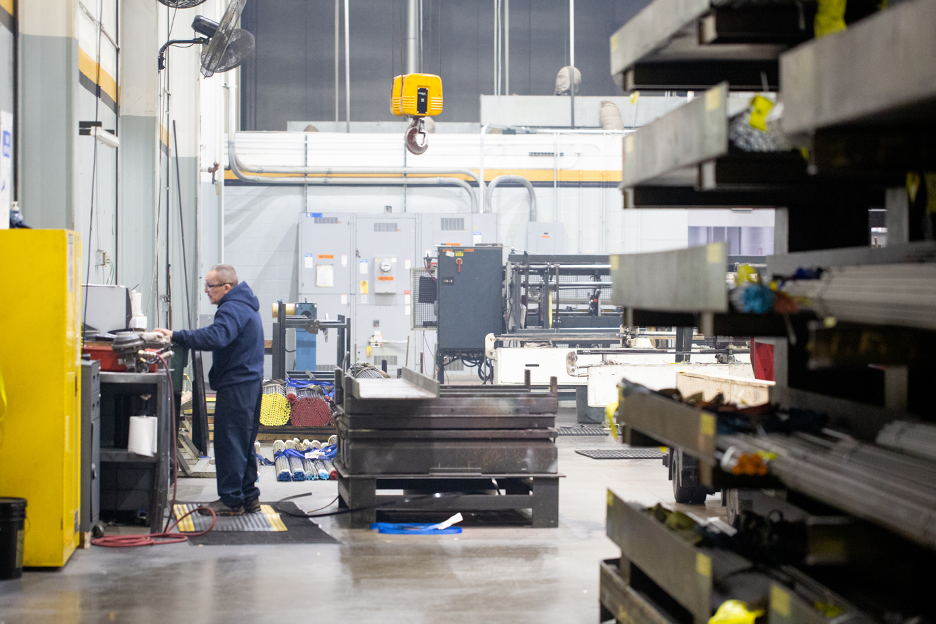
Seattle, Washington is one of the most important hubs for aerospace manufacturing and innovation in the world. Home to leading aircraft manufacturers, space exploration companies, and research institutions, the city plays a key role in shaping the future of commercial aviation and space travel. At the heart of these advancements are high-performance aerospace metals, which provide the strength, durability, and heat resistance necessary for aircraft and spacecraft to operate under extreme conditions.
As a trusted aerospace metal supplier in Seattle, Washington, A. M. Castle & Co. provides specialized metal alloys that support commercial flight, space exploration, and next-generation aerospace technologies. Below, we are going to explore the critical role of aerospace metals in aviation and space flight, highlighting the key applications and materials that make modern air and space travel possible.
Aerospace applications demand materials that can withstand high stress, extreme temperatures, and environmental exposure while maintaining low weight and maximum strength. Aerospace metals must exhibit:
✔ High Strength-to-Weight Ratio – Aircraft and spacecraft require materials that provide maximum durability without adding unnecessary weight.
✔ Corrosion and Oxidation Resistance – Metals used in aerospace must resist oxidation, moisture, and atmospheric corrosion to ensure long-term performance.
✔ Heat and Wear Resistance – Jet engines, rocket nozzles, and heat shields demand metals that can withstand extreme temperatures and friction.
✔ Machinability and Precision – Aerospace components require highly precise fabrication with strict tolerances.
As the leading aerospace metal supplier in Seattle, Washington, A. M. Castle & Co. supports both commercial aviation and space exploration industries.
The commercial aviation industry depends on high-performance metal alloys to ensure safe, fuel-efficient, and long-lasting aircraft.
Seattle is home to leading space exploration companies and satellite manufacturers, requiring advanced metals that can withstand the harsh conditions of outer space.
The aerospace industry demands high-quality metal materials for commercial flight, space exploration, and emerging aviation technologies. Are you ready to partner with a trusted aerospace metal supplier in Seattle, Washington that provides specialized alloys and high-performance metals tailored for precision aerospace applications? If so, A. M. Castle & Co. is the company to call.
Contact us today at (800) 289-2785 to learn how we can help with your next aerospace project.